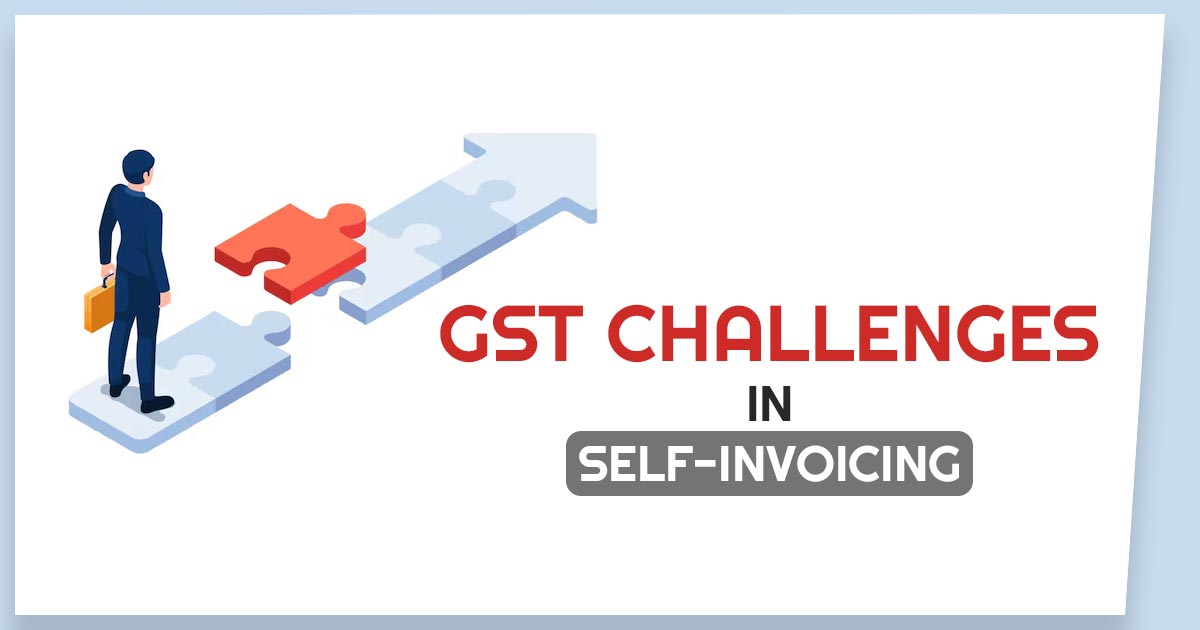
Indian businesses are facing difficulties in complying with GST, particularly concerning self-invoicing and the reverse charge mechanism (RCM) for services obtained from overseas companies.
To address such concerns the government via issuing circulars is taking measures but the speed of such development is not dynamic. Infosys has obtained partial relief from the demands raised by the Directorate General of GST Intelligence (DGGI) regarding free services provided by its corresponding foreign subsidiaries. It is expected that other companies may also receive similar relief, especially those that have received invoices from overseas.
As per the experts in such cases, the issued invoices via the foreign parties may not have an influential role in finding the GST obligation. Rather than the self-invoice raised via the Indian counterpart becomes the key document for GST compliance, as per Section 31(3)(f) of the Central Goods and Services Tax (CGST) Act. It directed that the value mentioned in the self-invoices would be the grounds for any GST demand furnishing hope to the corporates who may reveal themselves as suffering from unanticipated obligations.
Identical issues are been suffered by the other companies in which an invoice has been furnished. For these matters, the invoice of the foreign party shall not be of much consequence as the self-invoice raised by the Indian counterpart shall be the GST invoice under section 31(3)(f) of The CGST Act. the value under these self-invoices must be regarded for a GST demand in any case.
The judgment of the Supreme Court in the Northern Operating Systems case made that the service tax on RCM supplies to the salaries furnished before the expatriates via the pertinent Indian companies deeming the same as a service directed via foreign holding or subsidiary companies.
Under GST the same principle ought to be extended where the services furnished without consideration via foreign entities to the pertinent Indian companies are regarded as a supply. As a consequence, the Indian companies engaged are obligated to file the GST under the RCM.
Clearing the confusion Circular No. 199/11/2023-GST, issue dated July 17, 2023, explained that in cases where branches of the identical company operate across states like the Maharashtra branch.
Furnishing services to a Haryana branch, if the Haryana branch is qualified for full Input Tax Credit (ITC) and no invoice, is raised by the Maharashtra branch, the supply value shall be considered as NIL, and no GST would apply. However, the question that requires additional answers is what happens in a matter when invoices are issued by foreign subsidiaries.
Interpretation is indeed unclear of the Explanation I u/s 8 of the IGST Act 2017 about the definition of distinct persons, which ought to be explained further.
From the definition of the import of services in the IGST Act, the dispute has grown primarily. Under the revenue they are laying on the section 8 elaborations that furnished that a branch and the Indian entity shall be considered as distinct individuals.